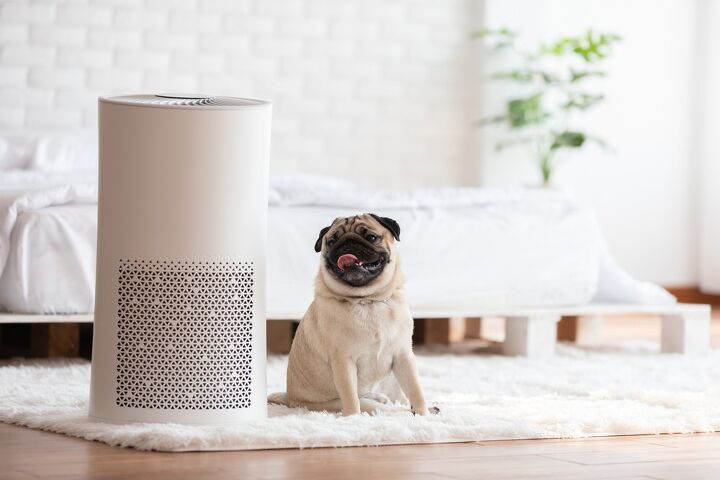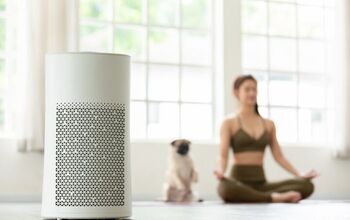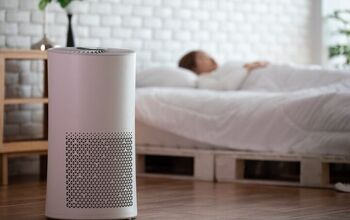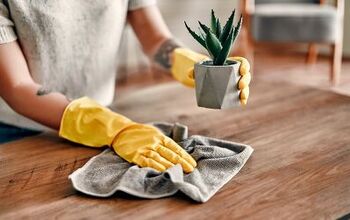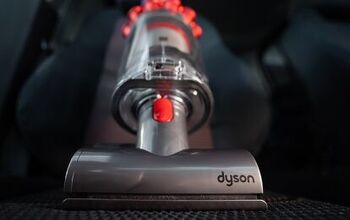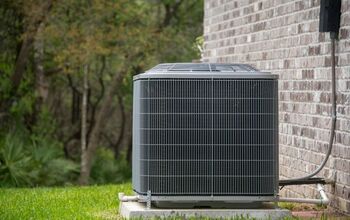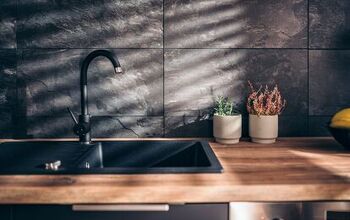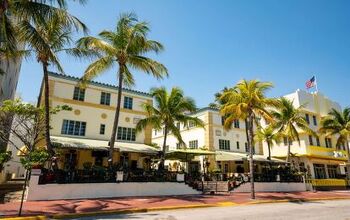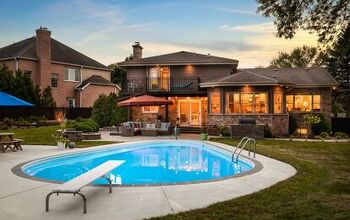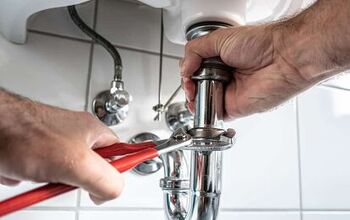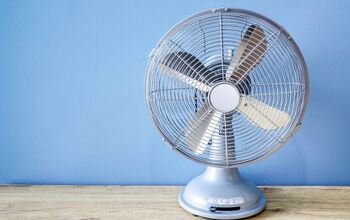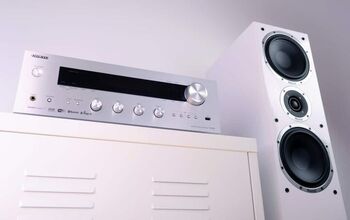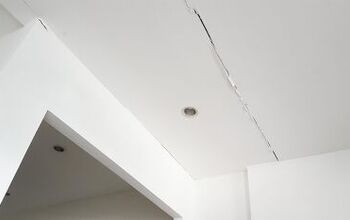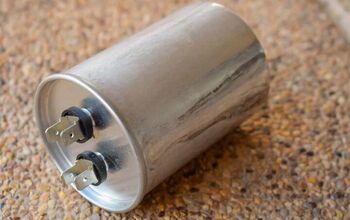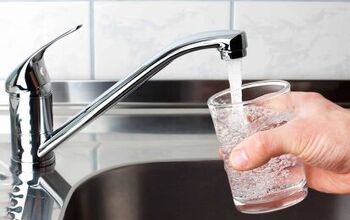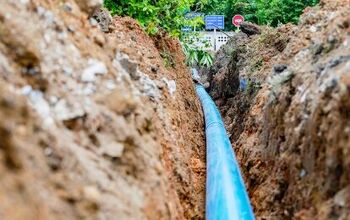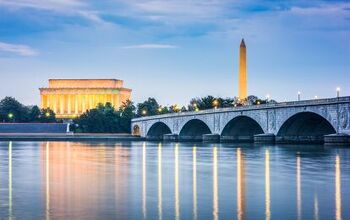Why Are Air Purifiers So Expensive? (Find Out Now!)

If you’ve ever lived in a house where it felt like you couldn’t breathe, you likely needed an air purifier. Air purifiers are handy devices that help make the air inside your home clean and free of pollutants. However, many air purifiers are costly, making them difficult to justify purchasing.
Air purifiers are expensive because of how they’re marketed and because of the service they provide. People are willing to pay a lot of money to have clean air, and air purifiers are one of the only ways to accomplish that. Air purifiers are also expensive because of the special filters that purify the air.
Air purifiers offer a special service that few other appliances can offer for the same price. However, many people think that they are overpriced and that their producers take advantage of the public. In this article, we’ll try to get to the bottom of why air purifiers cost what they do and if it’s justified. To do that, we’ll also look at how air purifiers work and the components involved with them.
What Exactly do Air Purifiers do?
To better understand why air purifiers cost so much, it’s essential to know what they do. Air purifiers are electrical appliances that you plug into a wall outlet and purify the air inside your home. They do this by having a fan that sucks the air in towards the purifier. The fan then gets sucked into the purifier and circulates through a special filter inside the purifier.
The filter in the purifier catches any dirt, dust, pollen, airborne contagions, and nasty odors. The air that passes through the filter gets blown out the other end of the purifier and is clean. You and the other inhabitants of your home will then be the beneficiaries of clean and pure air. The only maintenance involved with air purifiers is washing or changing the filter whenever it gets too dirty.
Why is Air Purifiers so Expensive?
Air purifiers are expensive for many reasons, but the main one is because of the service they provide. There are no other small appliances that you can plug into a wall and immediately have cleaner air. The other reason is how they’re made, how they’re marketed, and how they’re distributed. Most products come down to a simple supply and demand system, and air purifiers are certainly in high demand.
The Service They Provide
Air purifiers are easy to operate, and they make the air in your home easier to breathe and less dirty. Most air purifiers boast an effective rate of cleaning 99% of the air in your home. As with most things, the bigger and better your purifier is, the better it will work. High-end air purifiers might cost more money, but they also do a better job of purifying the air in your home, and they do it in less time.
The Filters Inside of Them
The only reason that air purifiers work is because they contain a filter that does all the heavy lifting. The quality of the purifier is directly linked to the quality of the filter inside of them. More expensive air purifiers often have higher tech filters that do a better job of purifying the air and don’t have to be replaced as often.
The Limited Number of Companies That Make Them
For many years, air purifiers weren’t in high demand. As a result, not many companies bothered to specialize in producing them. However, as air pollution became more of a concern in the 2000s and 2010s, more people started wanting air purifiers in their homes. As a result, companies that made quality purifiers were able to charge whatever they wanted since they had a monopoly on the air purifier market.
However, because more and more companies started making air purifiers, the prices gradually started lowering. There are still many people who believe that they are too expensive and that prices should still be lower.
How They are Marketed
Another huge reason air purifiers are so expensive is how they’re marketed and who they’re marketed to. Purifiers are often sold to wealthier people as a commodity that they should have in their homes. They are also marketed as a health and wellness tool to people with medical conditions. Asthma, allergies, and lung conditions are all things that air purifiers aim to help, and they are marketed accordingly.
How Much do Air Purifiers Cost?
Like most products in high demand, there are different air purifiers, and many of them have different price tags attached to them. The type and size of the purifier and the type of filter inside of it determine what the total cost will be.
Purifiers With Mechanical or HEPA Filters
These types of purifiers are the most common and the most basic. They get the job done of blocking dirt and harmful particles in your air and helping you breathe cleaner and purer air. There are a wide variety of purifiers that use HEPA filters and a wide variety of filters. The cost of one of these purifiers and filters can cost anywhere from $50 to several hundred dollars, if not more. Filter replacements can also cost anywhere from $20 to $200.
Purifiers With Carbon Filters
Purifiers that operate with a carbon filter instead of a HEPA one are best suited for getting rid of smells and odors. The filter inside them still catches dirt, pollen, and other particles, but it also traps odors floating through the air. Air purifiers with carbon filters cost slightly more than HEPA ones and cost anywhere from $60 to $700.
Purifiers With UVGI
Air purifiers that purify the air using UVGI or ultraviolet light are supposedly better than other air purifiers. They boast the ability to do everything that a standard purifier does but also kill harmful bacterias and pollutants. Purifiers with ultraviolet light market themselves as being able to reduce the risk of diseases such as colds, flues, and viruses in your home. As a result, they’re fairly expensive, with prices ranging from $100 to $1,000.
Electronic Air Purifiers
These types of air purifiers are the most expensive overall. They are actually part of your home’s HVAC system and get installed on the side or bottom of your furnace. As the air gets circulated through your furnace, the filter works to purify it before it gets redistributed throughout your home. Installing these will require an HVAC technician and will cost anywhere from $500 to $1,000.
The benefit of having this type of filter is that it purifies your entire home, and it does it automatically. Anytime the furnace or air conditioner is running, your purifier is also running.
Do I Need an Air Purifier?
Air purifiers are great appliances, but not everyone needs one. If you live in a home or area with lots of smoke, smog, or factories that produce harmful contagions, you might need an air purifier. They’re also great for people with asthma, allergies, or lung conditions. Here is a list of pros and cons of air purifiers that will help you decide if you need one or not.
Pros of an Air Purifier
- They reduce irritants that trigger asthma attacks and allergic reactions such as dirt, dust, pollen, and mold.
- They can also reduce headaches, coughing, itchy eyes, irritated throat, and sneezing, which are often side effects of asthma or allergies.
- Some purifiers get rid of odors and help your home stink less.
Cons of an Air Purifier
- The cost of operating an air purifier isn’t overly expensive but can cost several hundred dollars per year in replacement filter costs and electric costs.
- Some air purifiers produce ozone which is extremely dangerous to people. Make sure that you check to make sure this isn’t a feature of the purifier you’re interested in buying.
- Unless you’re willing to buy multiple purifiers or one big one, most purifiers can only clean the air in one room.
How to Choose an Air Purifier
It’s vital that you choose an air purifier based on your needs. If you live in an area with lots of odors and smells, then a purifier with a carbon filter is a great idea. You should also choose one that fulfills the needs of your home. If you want a whole house purifier, you might have to be willing to spend a little extra money to get it.
Another critical thing to keep in mind is operational costs and replacement filter costs. The cost to operate most air purifiers is fairly similar. The cost of their replacement filters, however, is vast. Advanced HEPA filters can cost as much as $200 per filter, and you’ll need multiple per year. Carbon filters, on the other hand, only cost around $50 per filter.
Related Questions
Can I make my own air purifier?
While there are some who claim that they can make their own air purifier using a filter and a fan, this isn’t totally true. A filter and a fan might work to purify some of the air in your home, but not as effective as an air purifier.
How often should I change the filter in my air purifier?
You should replace HEPA filters at least every six months, but possibly more often. You should replace the carbon filter every 3 to 6 months. Either way, you should check your filter every three months and act accordingly.
Final Thoughts
As with most products in the world, you get what you pay for with an air purifier. If you’re willing to spend a little extra money, you’ll end up with a higher-quality air purifier. The best way to choose the air purifier that’s right for you is to take your needs and budget into consideration. If you have legitimate health concerns, it might be worth your while to spend a little extra on a high-quality air purifier.

Before I started writing, I worked for 6 plus years in the plumbing, electrical, and HVAC business. I was primarily an HVAC installer but also worked as a plumber and electrician. Now I'm a copywriter, focusing on home improvement content and guides.
More by Jalin Coblentz



